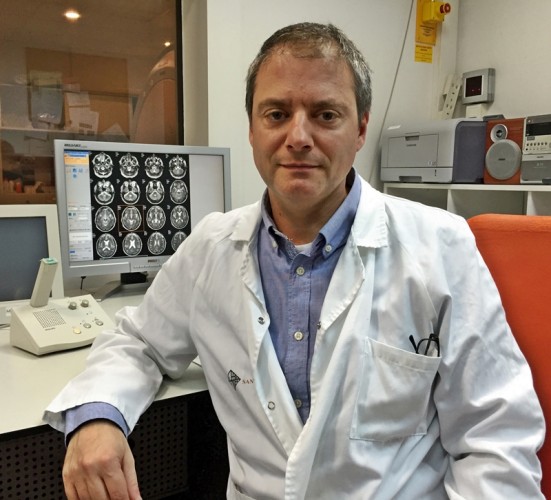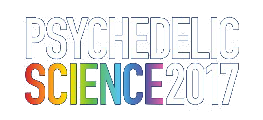The Beckley Sessions
.
Jordi Riba
 Jordi will present his group’s most recent findings on the therapeutic potential of ayahuasca. Psychedelics, and ayahuasca in particular, are powerful substances with a demonstrated capacity to change pathological patterns of thought and behaviour, such as those observed in depression and addiction. Evidence that the human central nervous system undergoes functional and structural changes throughout adult life has overturned the old paradigm of an immutable brain. As shown in studies in animals, new neurons are constantly being born and integrated into neural circuits in a process known as neurogenesis. The beneficial effects of ayahuasca result from its ability to continue to modulate brain function beyond the acute psychedelic state.
Jordi will present his group’s most recent findings on the therapeutic potential of ayahuasca. Psychedelics, and ayahuasca in particular, are powerful substances with a demonstrated capacity to change pathological patterns of thought and behaviour, such as those observed in depression and addiction. Evidence that the human central nervous system undergoes functional and structural changes throughout adult life has overturned the old paradigm of an immutable brain. As shown in studies in animals, new neurons are constantly being born and integrated into neural circuits in a process known as neurogenesis. The beneficial effects of ayahuasca result from its ability to continue to modulate brain function beyond the acute psychedelic state.
About Jordi Riba:
Dr. Riba holds a Ph.D. in Pharmacology and leads the Human Neuropsychopharmacology Research Group at Sant Pau Hospital in Barcelona. He has studied ayahuasca for over fifteen years and has published nearly forty journal articles and book chapters on the subject (subjects include psychedelics, psychostimulants, cannabinoids, and kappa receptor agonists). He has supervised two doctorate theses on the acute and long-term effects of ayahuasca in humans, and collaborated in the first clinical studies involving ayahuasca administration to patients with depression.
Podcast
- All
Links
- All
Support
- All
BIPRP
- All
Science Talk
- All
Amanda's Talks
- All
- Video Talk
- Featured
- 2016 Onwards
- 2011-2015
- 2010 and Earlier
- Science Talk
- Policy Talk
One-pager
- All
Music
- All
Amanda Feilding
- All
Events
- All
Highlights
- All
Psilocybin for Depression
- All
Current
- All
Category
- All
- Science
- Policy
- Culture
Substance/Method
- All
- Opiates
- Novel Psychoactive Substances
- Meditation
- Trepanation
- LSD
- Psilocybin
- Cannabis/cannabinoids
- Ayahuasca/DMT
- Coca/Cocaine
- MDMA
Collaboration
- All
- Beckley/Brazil Research Programme
- Beckley/Maastricht Research Programme
- Exeter University
- ICEERS
- Beckley/Sant Pau Research Programme
- University College London
- New York University
- Cardiff University
- Madrid Computense University
- Ethnobotanicals Research Programme
- Freiburg University
- Medical Office for Psychiatry and Psychotherapy, Solothurn
- Beckley/Sechenov Institute Research programme
- Hannover Medical School
- Beckley/Imperial Research Programme
- King's College London
- Johns Hopkins University
Clinical Application
- All
- Depression
- Addictions
- Anxiety
- Psychosis
- PTSD
- Cancer
- Cluster Headaches
Policy Focus
- All
- Policy Reports
- Advisory Work
- Seminar Series
- Advocacy/Campaigns
Type of publication
- All
- Original research
- Report
- Review
- Opinion/Correspondence
- Book
- Book chapter
- Conference abstract
- Petition/campaign
Search type

